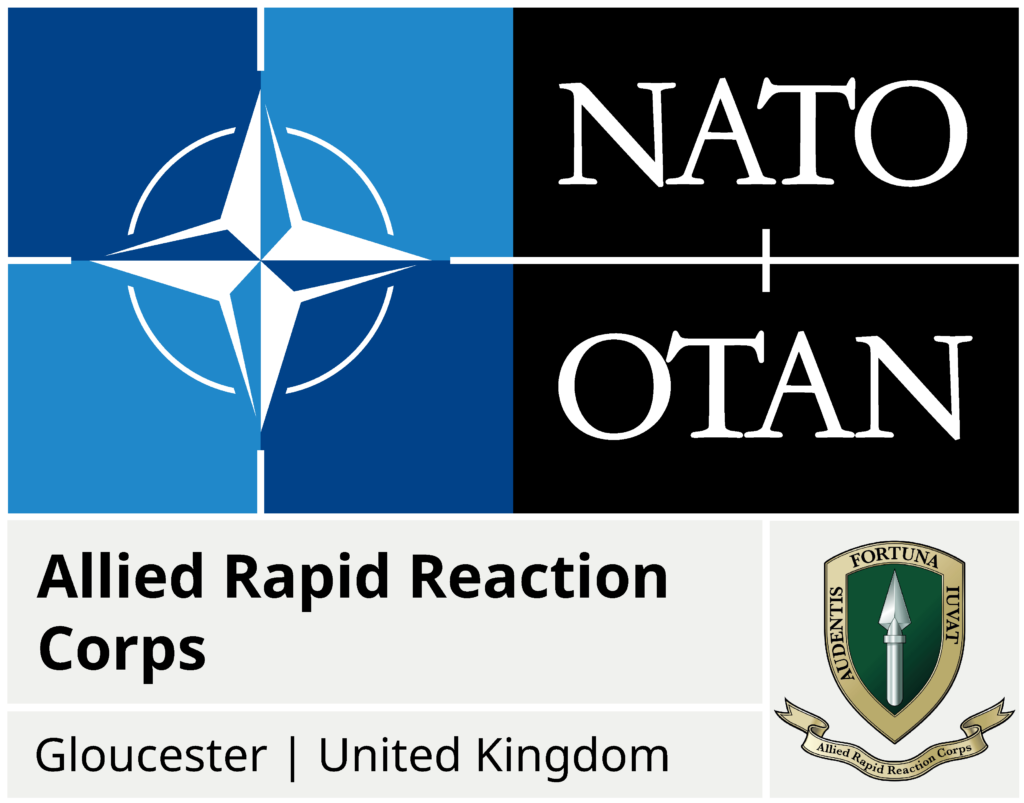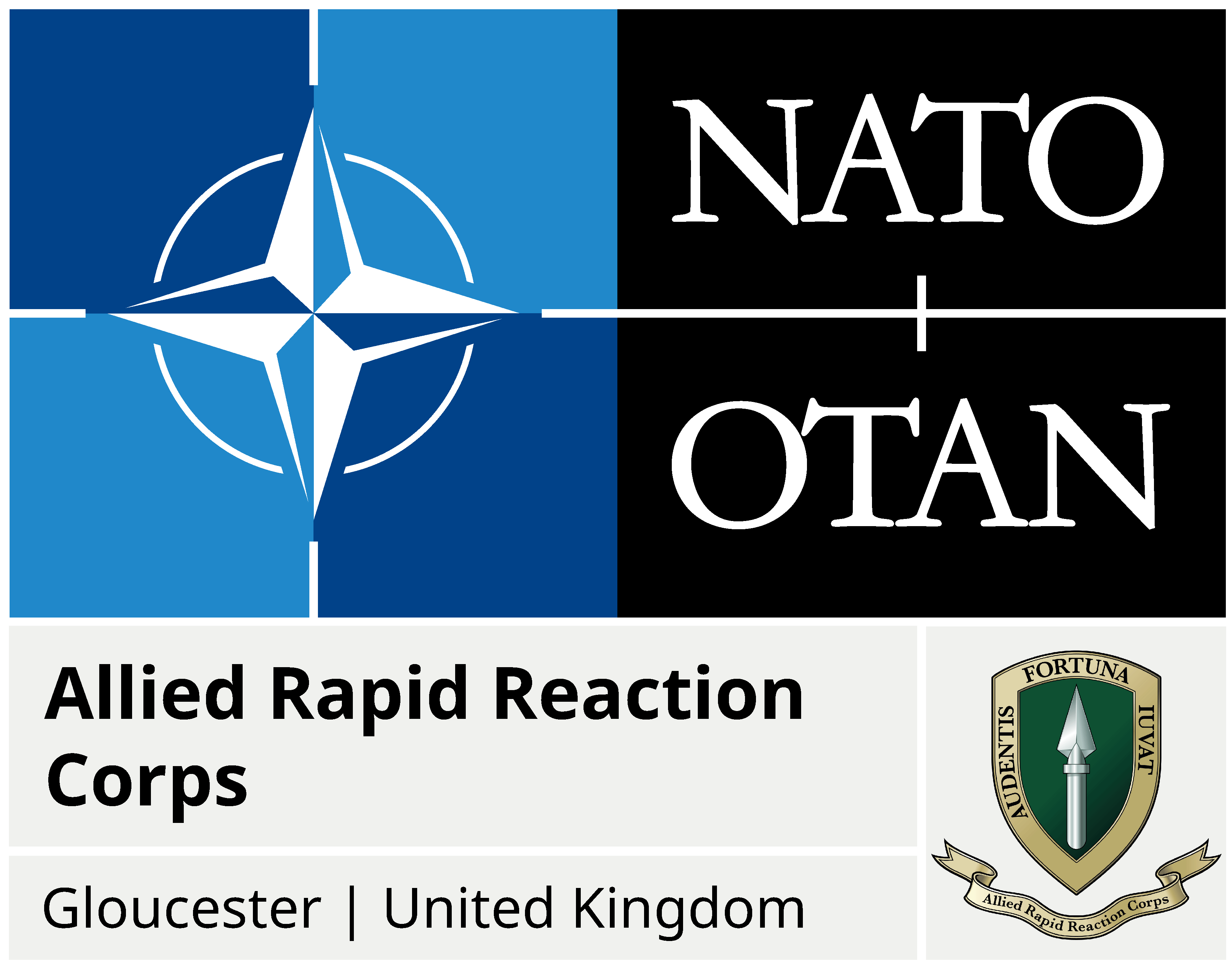Dr Alexander Gilder shares his story of how his PhD and early career research has led to impact and knowledge exchange.

In 2016 I embarked on a PhD in Law at City, University of London where I planned to delve into the relationship between the concept of ‘human security’ and international law and whether UN peace operations were implementing the concept of human security. As is typical at the start of a PhD, I had high hopes that I would be able to create a human security framework that would improve how peacekeepers protect people in the field. But I quickly found that whilst I needed a framework of human security to carry out my analysis, that was likely not going to be presented as a framework that could actually be used by peacekeepers. It simply was not going to all fit within a PhD!
For those who are unfamiliar with human security, it is a concept that originated in the UN Development Programme in the 1990s as a way of moving the international community’s, and importantly the states that make up that community, conceptualisation of insecurity away from a focus on violence and purely physical harm and instead to also prioritise environmental, health, food, economic, political and community security. Human security was part of a wider shift away from state-focused security and efforts to humanise how international organisations deal with threats to populations and communities. Human security became fairly popular in academic literature in international relations in the 1990s and 2000s with authors debating the concept’s usefulness and proposing ways of measuring human security alongside states such as Canada and Japan adopting human security as part of their foreign policies.
But by the 2010s, the popularity of human security had waned and the UN rarely used the term. In my PhD I wanted to see what impact the UN’s work on human security had had on UN peacekeeping practice but in the absence of clear and detailed policies on human security I needed a way of assessing whether peacekeeping activity had been in line with human security approaches. To do this I created an analytical framework of human security based on five principles and made clear that I was not proposing my own definition of human security but that it was merely useful as a tool to assess my chosen case studies. Publishing the PhD as a book in 2021 I decided to move away from human security and continue my research into other areas of peacekeeping practice.
But in 2022 NATO adopted an Approach and Guiding Principles on Human Security and the year before the UK Ministry of Defence had adopted its Joint Service Publication on ‘Human Security in Defence’. Workstreams were started across UK defence on what human security is (a multi-sectoral and gender-responsive approach that enables the comprehensive consideration of widespread and cross-cutting challenges to crisis-affected populations) and what it means for UK Defence (a concept that enables UK Defence to be a ‘force for good’, minimising harm to civilians and maintaining legitimacy).
For NATO, human security is a concept that reflects NATO’s core values of individual liberty, human rights, democracy and the rule of law) and work has looked at how it can be used as a methodology for context analysis and planning that prioritises people, their survival, livelihood and dignity, and enable individuals and communities to be supported and their challenges and needs addressed.
Human security is again being used to inform decision-making, but this time in the defence sector, to enable military actors to differentiate themselves from adversaries who target civilians, to be more operationally effective, more successful at minimising civilian harm, and better equipped to address today’s security challenges, ultimately contributing to a safer and more peaceful world.
In 2022 I was contacted by the NATO HQ Allied Rapid Reaction Corps’ (HQ ARRC) Human Security Advisor, Daniel Linsdell, who requested my assistance on the development of a Standard Operating Instruction (SOI) for the implementation of the Military Contribution to Human Security (MC2HS) in the headquarters. Since completing my PhD I had published several works on human security that included my analytical framework and broader arguments about how human security can be used to improve outcomes for individuals and communities. It was these published works that Daniel had identified as some of the only research that had not only conceptualised human security but applied it to military operations, albeit in the UN context.
Daniel and I applied for funding from the University of Reading’s Research Collaboration and Impact Fund (formerly REKEC) to allow me time to work directly at the HQ ARRC on the co-design and co-writing of the SOI. We were successful and I joined HQ ARRC as Academic Consultant and Daniel joined the School of Law as a Visiting Fellow.
During the first half of 2024 we drafted the SOI that integrates my research into operational policy issues and the tactical planning process for the HQ ARRC. NATO states its human security approach is based on that of the UN, but in my research I have been able to show that the UN does not have a clear and consistent approach to human security. Therefore, the integration of my research into the SOI provides a new evidence base for utilising human security approaches in military operations.
We transformed and expanded my analytical framework into a set of principles which guide the HQ ARRC’s approach to human security and inform the tactical planning process for the HQ ARRC’s exercises and operations.
As one of the only parts of the NATO force structure working on an SOI on the Military Contribution to Human Security (MC2HS), we have engaged with other teams across NATO and UK Defence to share best practices and influence the development of human security operational policy and implementation at the tactical level. For example, we have visited NATO Supreme Headquarters Allied Powers Europe (SHAPE) and contributed to a study at the NATO Joint Analysis and Lessons Learned Centre (JALLC). Later this month, we will bring together personnel from the UK defence sector, NGOs and academics for a knowledge exchange workshop to enhance and improve the SOI, and share the HQ ARRC’s understanding of the MC2HS and how it would apply to Article 5 warfighting operations. The operational guidance and decision-making models in the SOI will be tested on HQ ARRC Exercises this year, and discussed at an HQ ARRC conference in the winter.
Being able to contribute to HQ ARRC activity on the MC2HS and how human security is used in UK Defence has been rewarding both in terms of seeing that PhD and subsequent research in action and interacting with a different sector that opens new doors and opportunities.
Alexander Gilder is Associate Professor of International Law and Security in the School of Law. Alex is happy to chat with colleagues looking to enhance both the impact of their research and public-facing profile.

